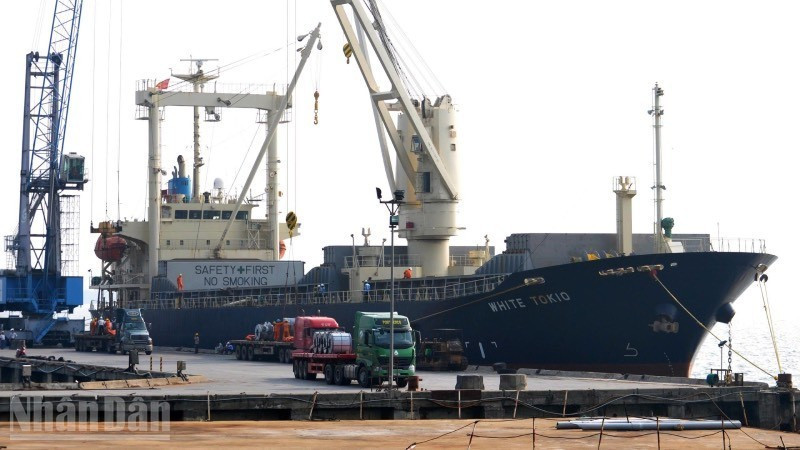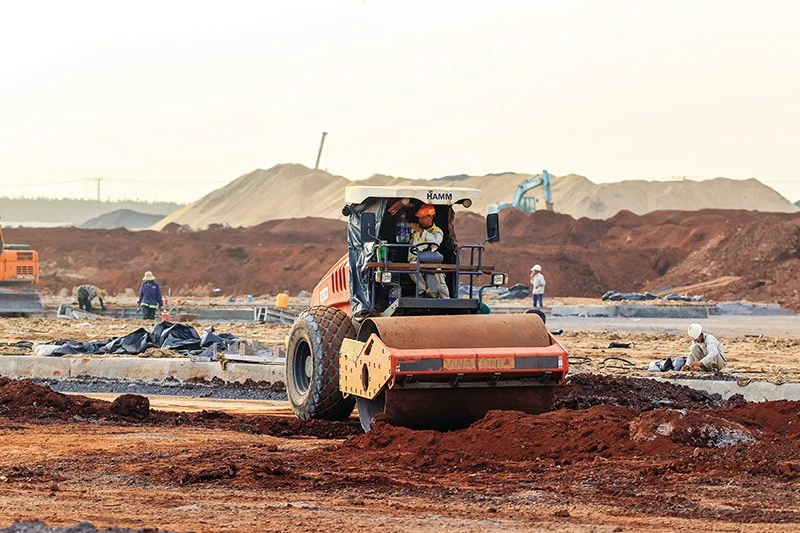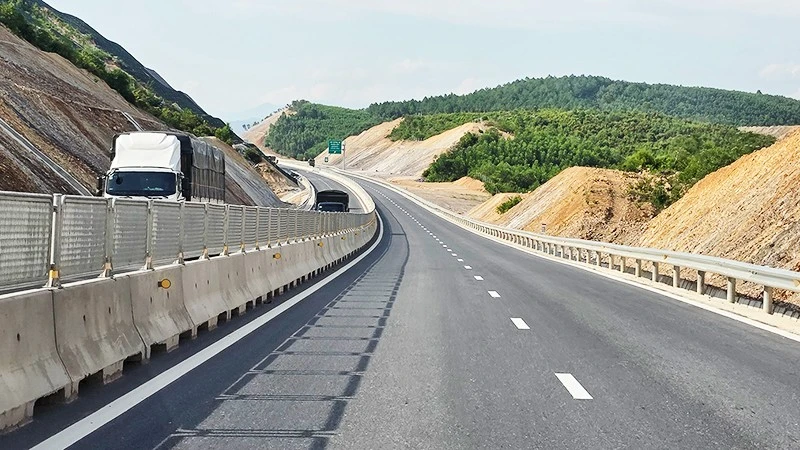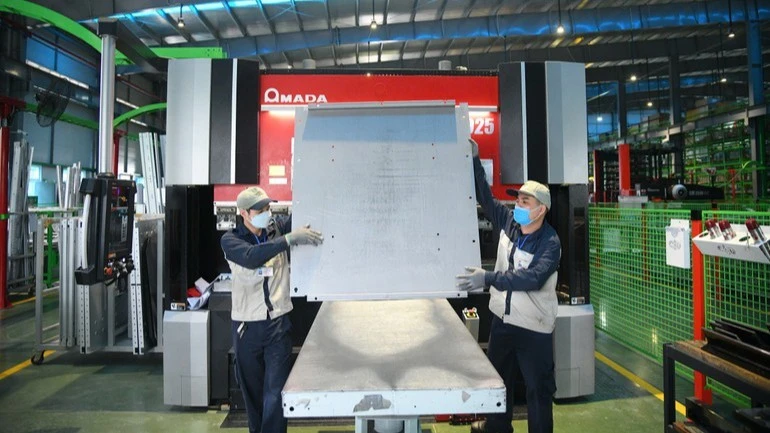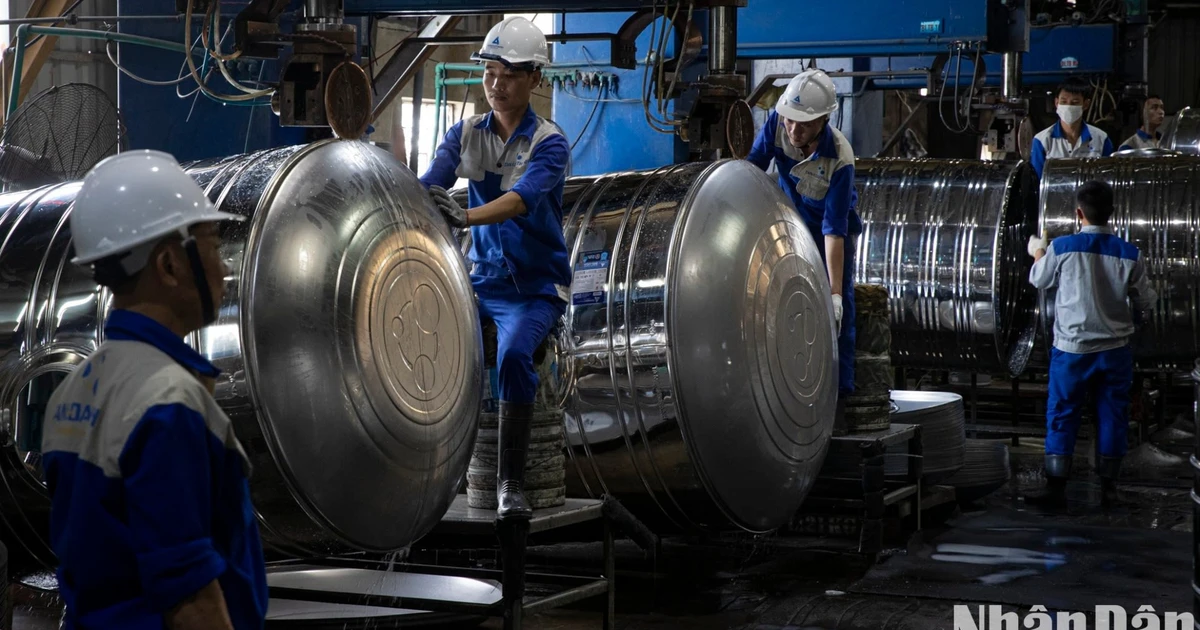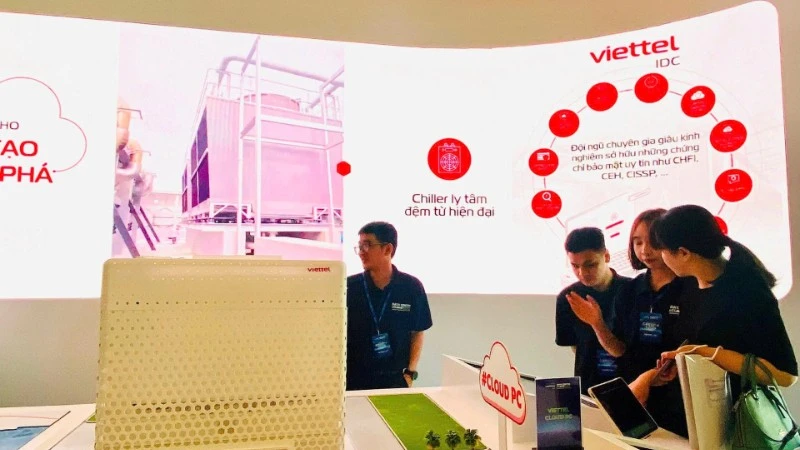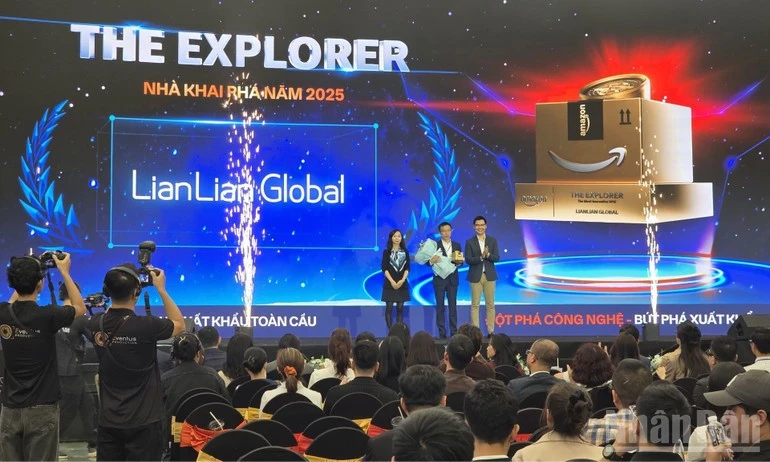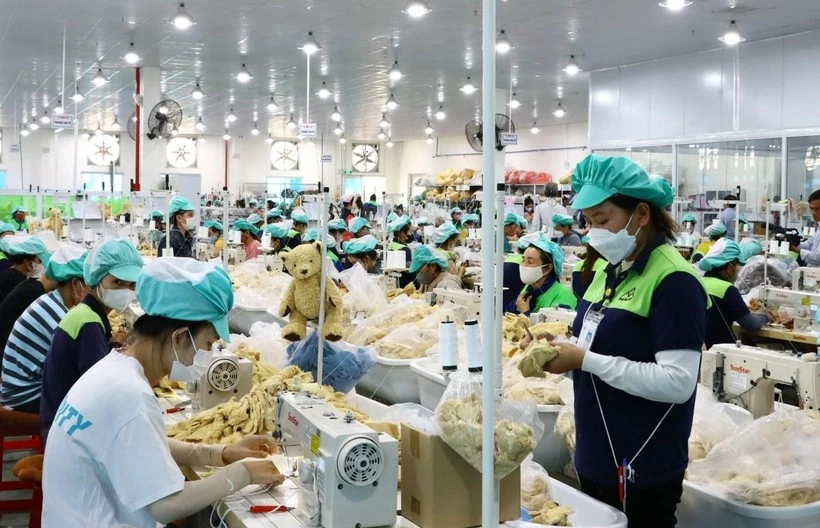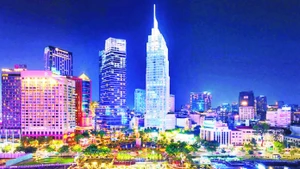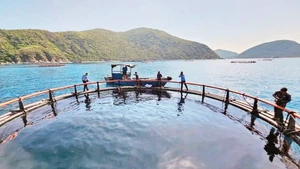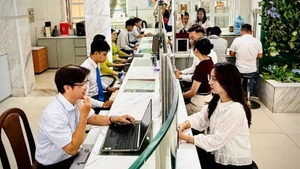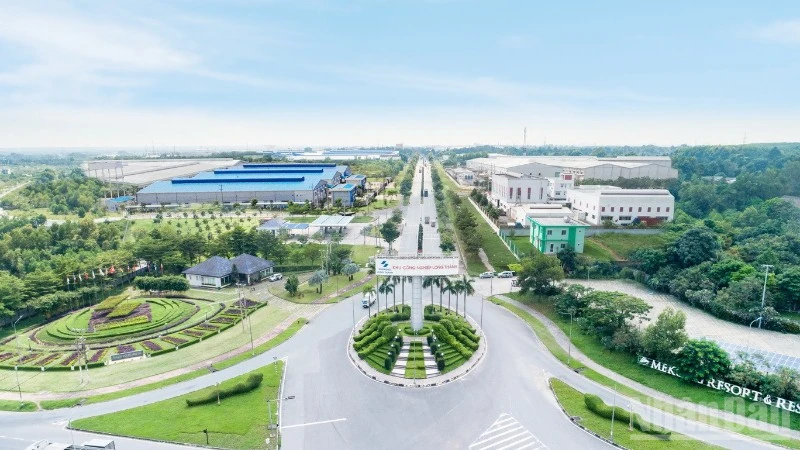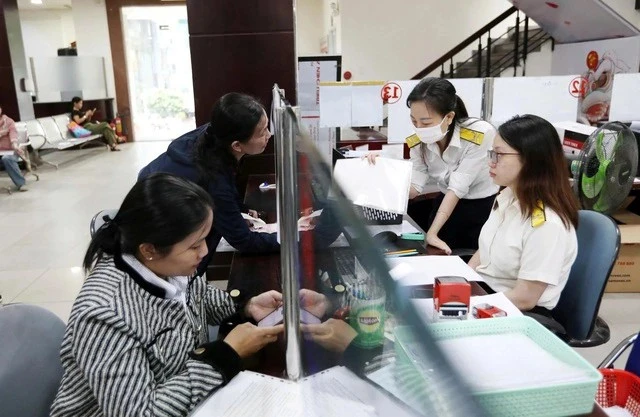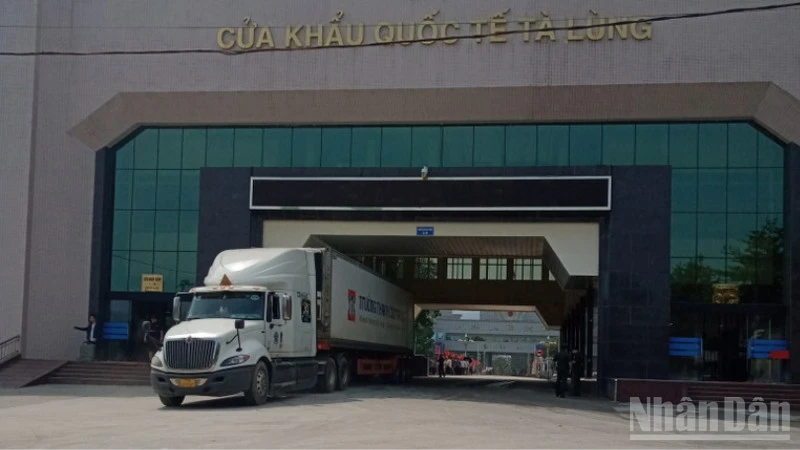The city also aims for green development based on science, technology, innovation, and digital transformation, while proactively managing risks and responding to market fluctuations, natural disasters, and epidemics to ensure stability and sustainable development.
Tourism, services, and industry are driving forces
The service sector has been identified as a key driving force. Hue strives to become a regional logistics hub, implementing tourism development programmes to make it become a spearhead economic sector. The city targets the attraction of major corporations to accelerate the progress of key tourism projects and develop luxury resorts along the sea, lagoons and the Chan May–Lang Co urban area. The Lang Co–Canh Duong National Tourist Area is oriented to become an international destination and a strong brand for Viet Nam’s marine tourism. The city will also invest in a passenger cruise terminal at Chan May Port, increase the capacity of Phu Bai International Airport, and open new domestic and international flight routes.
In parallel, Hue will focus on developing high-tech, knowledge-based services such as finance and banking, information technology, education and training, healthcare, and science and technology. New economic models such as e-commerce, multimodal transport services, smart urban services, exhibitions, international conferences, and the night-time economy will be encouraged. Shopping centres, supermarkets, and multifunctional service complexes will be expanded, while traditional markets will be upgraded towards modern lines.
In the field of industry, Hue is orienting toward in-depth development with high technology and environmental friendliness. The city will focus on completing infrastructure for economic and industrial zones as well as industrial clusters, while issuing policies to attract investment in key industries such as automobile manufacturing and assembly, construction materials, pharmaceuticals, fashion, textiles and garments, digital technology, and semiconductors. Hue will also focus on developing industries serving agriculture, agricultural processing, and craft villages associated with tourism and export.
Ecological agriculture and sustainable marine economy
In agriculture, Hue aims to develop concentrated commodity, apply high-tech, organic and circular production adaptable to climate change. The city plans to establish a high-tech agricultural zone and develop bio-secure livestock farming, high-tech aquaculture, and processing for export. Forest protection and development, including large-timber and medicinal plant plantations under forest canopies, will be promoted along with the construction of new-style rural areas and the connection between rural and urban infrastructure.
The marine and lagoon economy will be prioritised for sustainable development. Hue plans to invest in transport infrastructure in coastal and lagoon areas, develop the Tam Giang–Cau Hai area into a “national lagoon park”, and develop modern coastal urban zones. At the same time, the city will link the development of marine and lagoon tourism with traditional craft villages, cultural heritage, and festivals; and strengthen international cooperation in science, technology application, human-resource development, and environmental protection.
Along with industry orientations, Hue will continue to restructure its budget revenue and expenditures, reduce regular expenditures, increase public investment, and concentrate capital on key projects while preventing tax losses. These are important measures to ensure stable resources for serving sustainable development goals.
